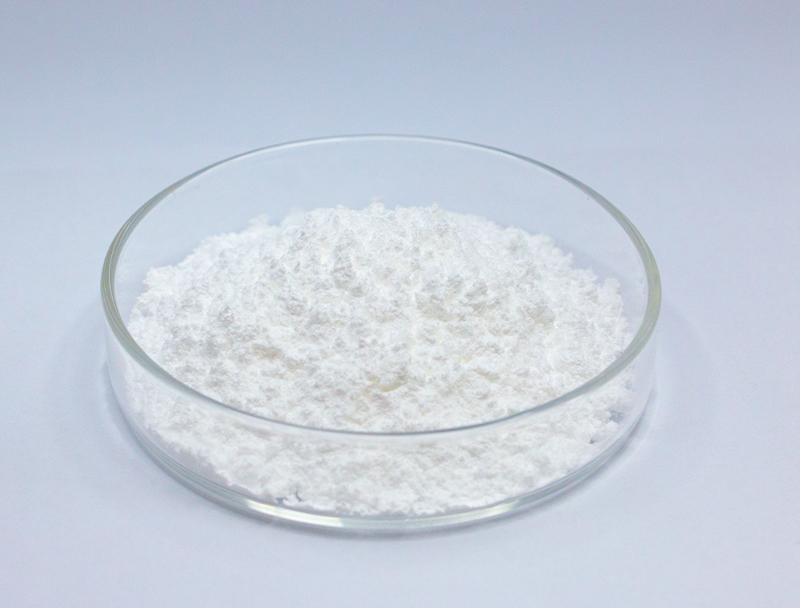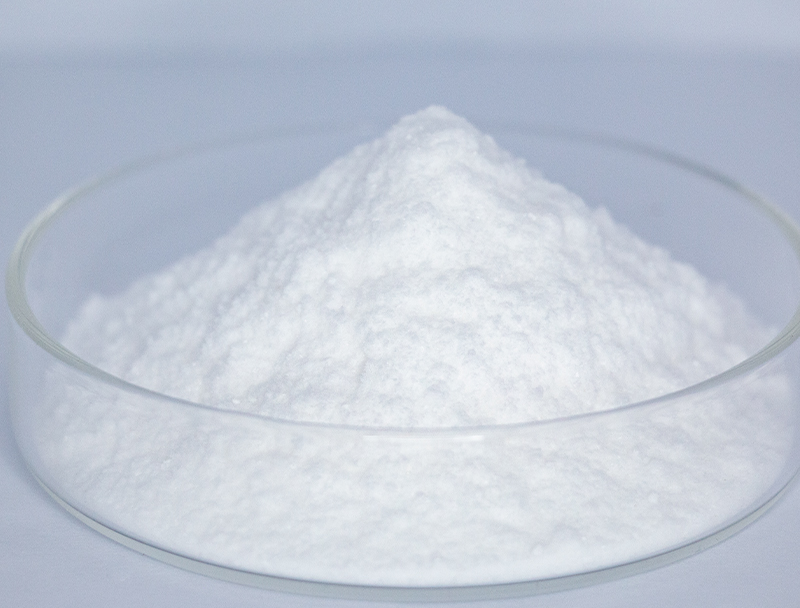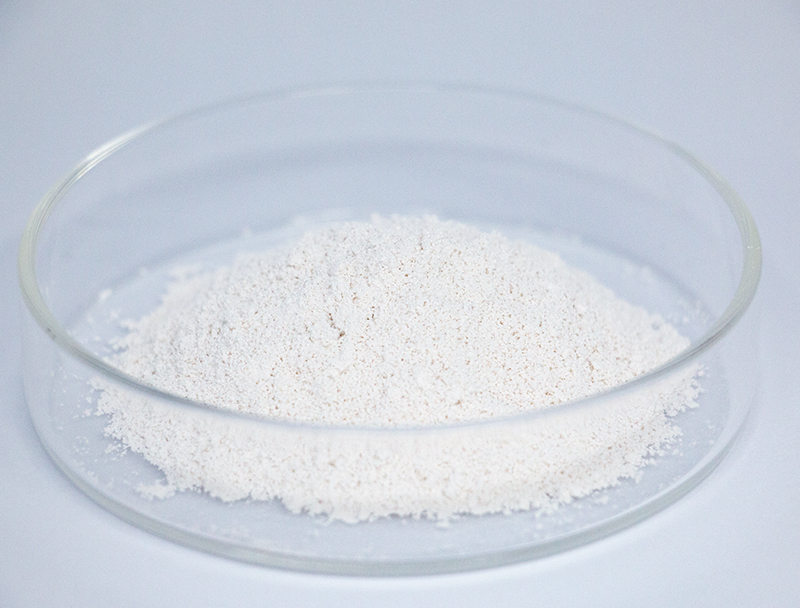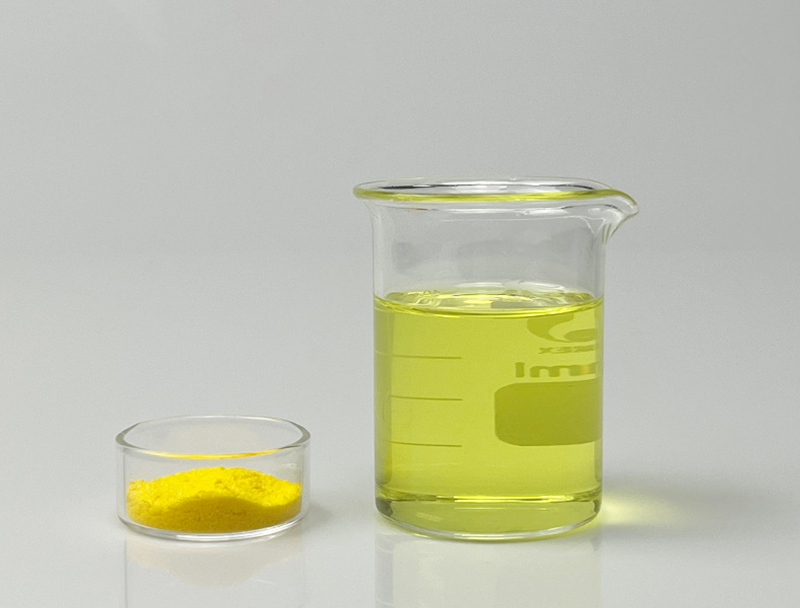
Biomanufacturing relies heavily on a wide assortment of starting materials for generating cutting-edge biobased goods.
Assuring continuous ethical sourcing of resources remains essential to industry resilience and responsible expansion.
several issues arising from typical material sourcing such as ecological damage and resource depletion. Accordingly, manufacturers should embrace green sourcing tactics to shrink their ecological impacts.
- Representations of ethical supply approaches are:
- Applying circular feedstocks from post-harvest streams
- Integrating recovery systems to shrink waste while improving throughput
- Partnering with local suppliers committed to ethical sourcing practices
Such a move to ethical procurement delivers ecological gains and commercial returns over time.
Enhancing Biomass Composition for Superior Biofuel Results
Improving fuel production performance hinges on the attributes of biomass inputs. Researchers repeatedly investigate innovative methods to enhance feedstock potential, producing improved fuel yields and a lower-carbon energy pathway. Tactics include molecular breeding to increase biomass and chemical or physical pretreatments to release sugars.
- Concurrently, efforts examine seaweed, industrial byproducts, and crop residues to increase the variety of renewable feedstock alternatives for fuel production.
- As a result of relentless efforts the industry should deliver significant enhancements paving a path to sustainable energy.

Enhanced Upstream Strategies for Biopharmaceutical Yield
involves foundational activities from cultivation to biomass harvest New innovations across this area have produced enhanced manufacturing methods that boost yields.
Important innovations consist of upgraded cell platforms, customized nutrient matrices, and smart bioreactor solutions. These advances improve throughput while lowering both operational expenses and ecological footprints.
- Likewise, the move to continuous systems facilitates better adaptability and streamlined upstream production.
- Embracing sophisticated manufacturing strategies is poised to change industry norms and shorten development cycles.

Next-Gen Gene Editing for Enhanced Protein Expression
refinements in gene-targeting technologies have advanced protein production workflows. Via deliberate gene edits, teams amplify protein expression for higher yields. This route supports the creation of more affordable and productive treatments for multiple disorders.
Applying Microbial Tools to Improve Environmental Remediation
state-of-the-art biological cleanup solutions using targeted microbial actions. Microbial species can metabolize and convert hazardous compounds into benign byproducts.. Tapping into these capabilities enables green remediation tactics to restore ecosystems affected by industrial contamination.. Study groups probe microbial metabolic diversity to tackle metals, persistent pesticides, and hydrocarbon spills.. Microbial cultures can function in contained bioreactors or be deployed onsite to facilitate biodegradative remediation..
The use of microbial biotechnology in bioremediation offers several advantages over conventional methods. Microbe-driven cleanup typically costs less and generates fewer dangerous byproducts. Additionally, microbial tactics can target contaminants selectively while preserving surrounding ecological systems. The domain advances quickly, concentrating on raising reliability and performance of Calcium Propionate microbial cleanup methods.
The Role of Bioinformatics in Drug Discovery and Development
Computational biology approaches are becoming vital across contemporary drug R&D. By screening targets and refining candidate molecules, informatics drives faster, evidence-based development.
- Through evaluating comprehensive genomic, proteomic, and clinical data, teams detect novel targets and predict drug action.
- Additionally, simulation tools enable prediction of binding and activity, guiding creation of more potent drugs.
- In summary, bioinformatics overhauls pharmaceutical R&D and quickens the path to safe therapeutics for patients.
Optimizing Metabolism to Increase Bioproduct Production
utilizes multiple approaches to enhance production of desirable bioproducts in cells. Strategies involve pathway refactoring by genetic modification, expression modulation for balanced flux, and grafting of novel genes to add capacity.. By refining pathway flux and regulation engineers can significantly raise bioproduct production.
This combined approach has capacity to change industries from drug manufacture to food production and bioenergy.

Barriers and Benefits When Expanding Biopharmaceutical Manufacturing
Industrial-scale production introduces demanding hurdles as well as strategic advantages. One major challenge is maintaining consistent product quality at increased scales. Addressing it demands strong process governance, accurate real-time analytics, and advanced measurement systems.

Also challenging is the layered complexity of biomanufacturing encompassing numerous sequential steps.. Adapting protocols for industrial scale requires considerable development work and engineering advances.. Nevertheless, the upside can be significant. Effective scale-up may expand patient access to therapies, cut unit costs, and improve margins.
A range of strategies is being implemented to address scaling problems. Approaches include cutting-edge process optimization tech, comprehensive analytics for control, and disruptive manufacturing designs.
- Product development and process R&D are pivotal to boosting production capabilities.
- Authorities are revising processes to enable faster clearance of manufacturing innovations and encourage progress.
Regulatory Considerations to Maintain Biopharmaceutical Safety and Performance
Producing biopharmaceuticals demands comprehensive oversight to guarantee safety and clinical effectiveness. Products of biological origin introduce specific challenges that differ from standard drug development.
Organizations like the FDA and EMA provide essential guidance and set standards for authorizing novel biotherapeutics..
Extensive evaluation procedures are essential across development phases, spanning preclinical work to post-market checks.. The measures work to spot potential hazards and validate that therapies reach demanding safety levels..
Moreover, oversight agencies continually refine approaches to align with accelerating scientific progress in therapeutics.. Actions include accepting new technologies and streamlining development channels while safeguarding patient health.

Evaluating Plant Biomass for Bioplastic Production
The rising demand for eco-friendly materials fuels R&D on bio-based alternatives. Using plant feedstocks to make bioplastics gives a promising direction for sustainable material development. Plant inputs like corn-derived starch, cellulose derivatives, and sugarcane can be turned into degradable plastics that lessen environmental burdens.
Likewise, some plant-derived plastics perform similarly to petroleum-based materials for a variety of uses.. Continuous R&D will drive plant biomass into scalable bioplastic manufacture and help establish closed-loop material systems.
Emerging Biotech Solutions for Health and Food Security
Emerging biotechnologies deliver avenues to improve health outcomes and secure food resources. By applying gene editing, synthetic biology constructs, and cellular therapies, scientists create tools to fight disease, raise yields, and boost nutrition.. One example is bioengineered crops that withstand pests and stressors, enabling higher yields with less pesticide input.. Concurrently, biotechnology drives development of immunotherapies, antibiotics, and diagnostics that play a key role in controlling diseases and improving health metrics. Looking forward, continued biotech progress promises to deliver therapies and agricultural solutions that support health and sustainability worldwide.
 trans-Cinnamic acid
trans-Cinnamic acid